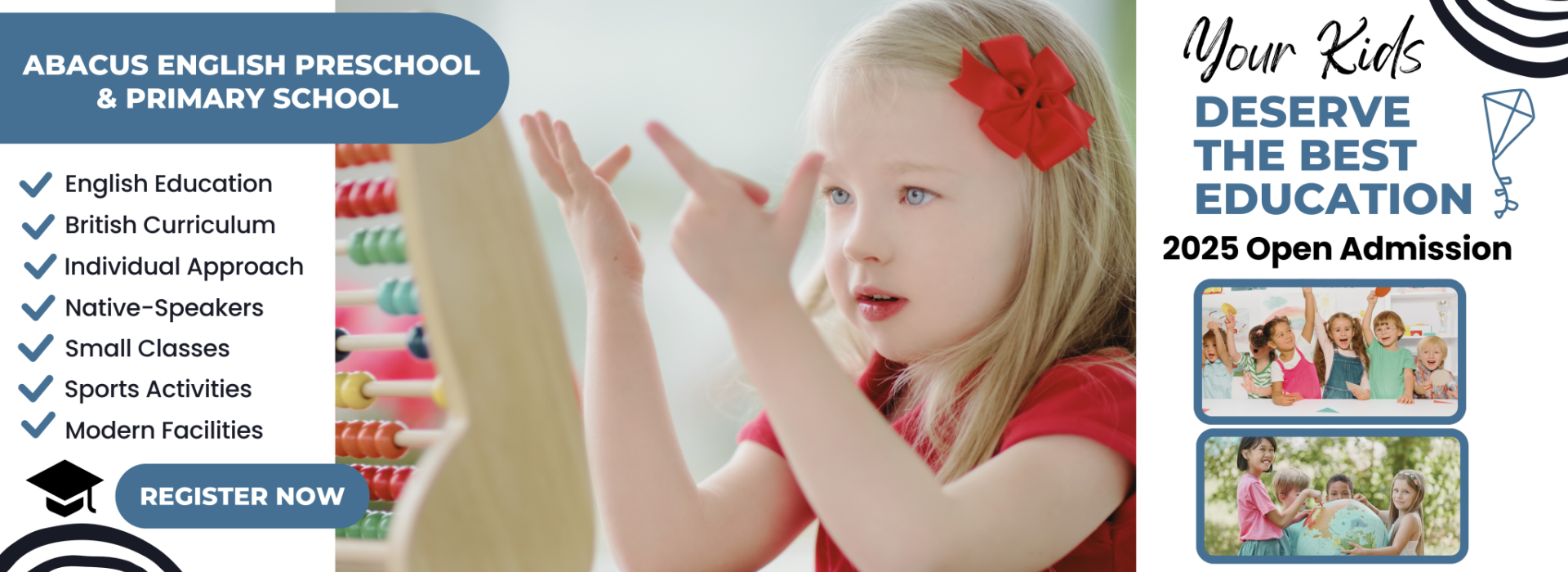WHEN TO START ENGLISH?
"How many languages you know, how many times you are human."
Many of us would not believe how much truth is hidden in this saying. A person's ability is not only to speak a language, but even to think in it. The speech centers are still very open to the perception of language in young children. It has been proven that children from birth to about 7 years are most receptive to language. Then this ability to quickly acquire new languages gradually fades away.
Learning English from an early age has many advantages:
- positive effect on the child's intellectual development
- enriches the child's mental development
- their school results may be above average
- develops in students a feeling for language and a better perception of a foreign language when listening
- they are often characterized by a larger vocabulary or a better knowledge of the grammar of the language
- they often have a great imagination and a well-developed capacity for abstract and creative thinking
- helps the child to better understand his native language
- they can use the advantages of an extended cultural identity - the ability to read and write in two languages, to move without difficulty in two sometimes very different cultural environments, to understand the traditions, way of thinking and behavior of different cultures
- it gives the child the opportunity to communicate with people he would otherwise not have the opportunity to meet
- it opens the child's door to other cultures and helps him understand and appreciate people from other countries
- they can more easily find employment on the labor market
When is the best time to start learning English?
It is best to start language learning as early as possible, because children perceive a new language very naturally at an early age. At ABACUS English Preschool, children learn the language naturally through play, communication with others, listening to fairy tales and other activities.
Won't the child be stressed if they start without any knowledge of English?
It is not uncommon for children to feel uncomfortable and a little confused when they encounter a foreign language for the first time. Nevertheless, according to our experience, children overcome this period very quickly. Some already within a few hours. Since children's native language is also very much developing at this early age, they are able to use non-verbal communication and visual aids to help them understand. Children will soon begin to express themselves thanks to their natural curiosity, desire to communicate and minimal inhibitions.
Should I speak English to the child at home or prepare the child differently?
Studies show that the proper development of the native language also facilitates the acquisition of a second/foreign language. Therefore, if you are not bilingual, we do not recommend using English at home. Rather, we encourage parents to speak their native language a lot with their children and thus create a good foundation for acquiring a new language. If your child likes to speak to you in English, likes English fairy tales or movies, feel free to indulge him in these activities. Children are given small homework to practice writing, reading and arithmetic in English.
How do teachers work with children who have no knowledge of English?
It is very common to have new children in the class who have no experience with English at all. All our teachers are qualified and experienced in teaching English as a second language. We use many visual, auditory aids to help children understand before they can speak and understand English. If necessary, Czech-speaking staff or staff who know other world languages can help.
.jpg)



